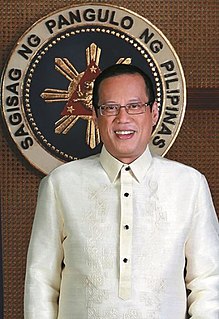A Quote by Kevin Rudd
A core challenge for Australia is - how do we best prepare ourselves for the Asia Pacific century - to maximise the opportunities, to minimise the threats and to make our own active contribution to making this Asia-Pacific Century peaceful, prosperous and sustainable for us all.
Related Quotes
Following one of the most violent conflicts in human history, the United States and Japan built a deep and abiding friendship - an alliance that has underwritten unprecedented economic growth and security in the Asia Pacific for half a century. It is an alliance based on mutual interests and shared values and the ties between our people.
































